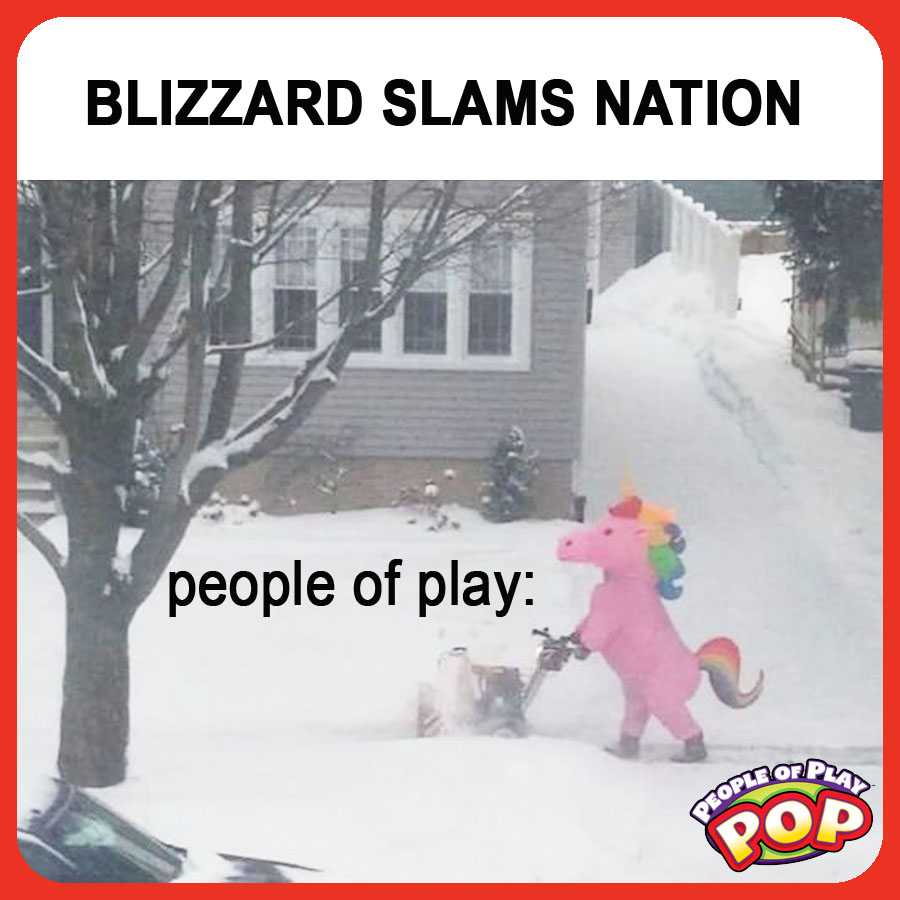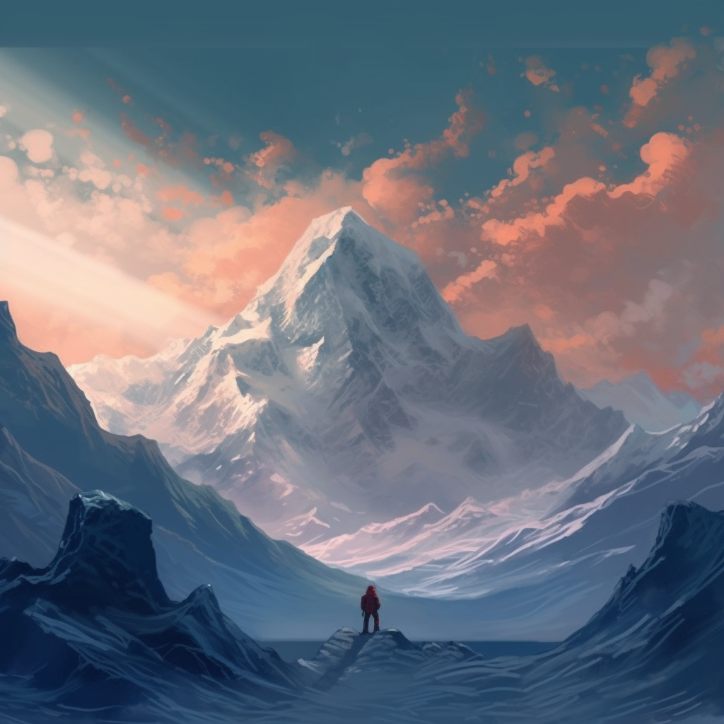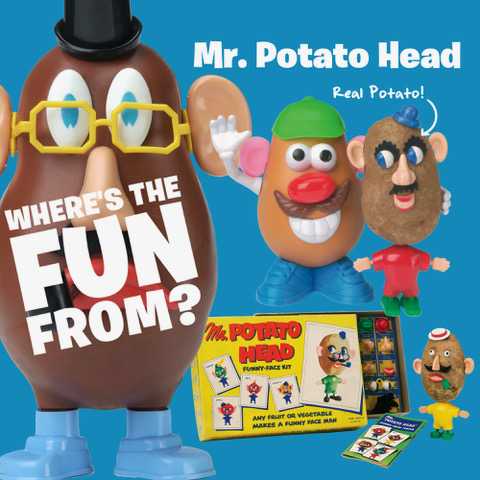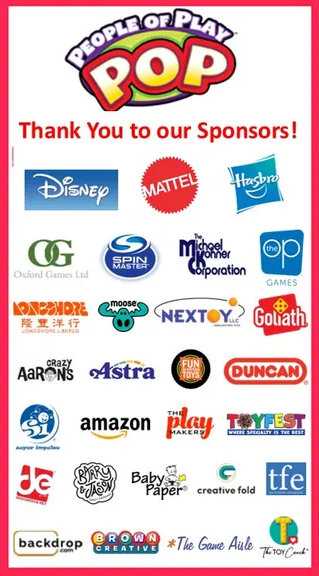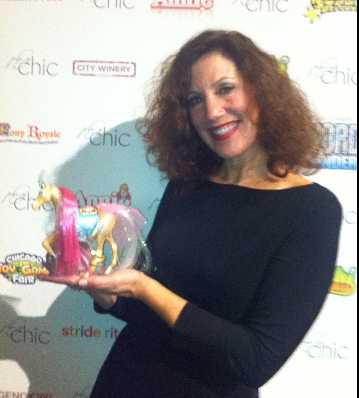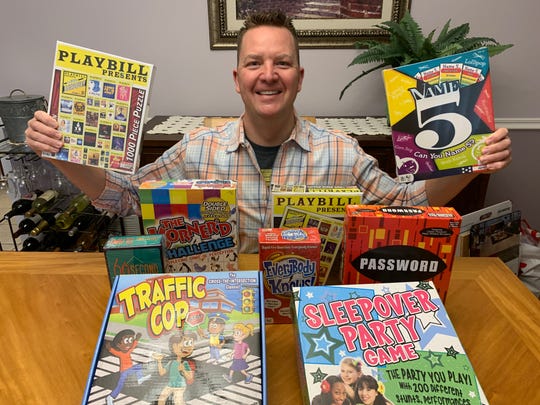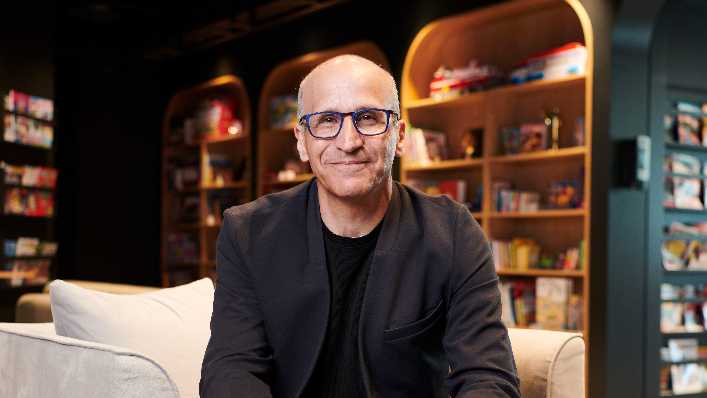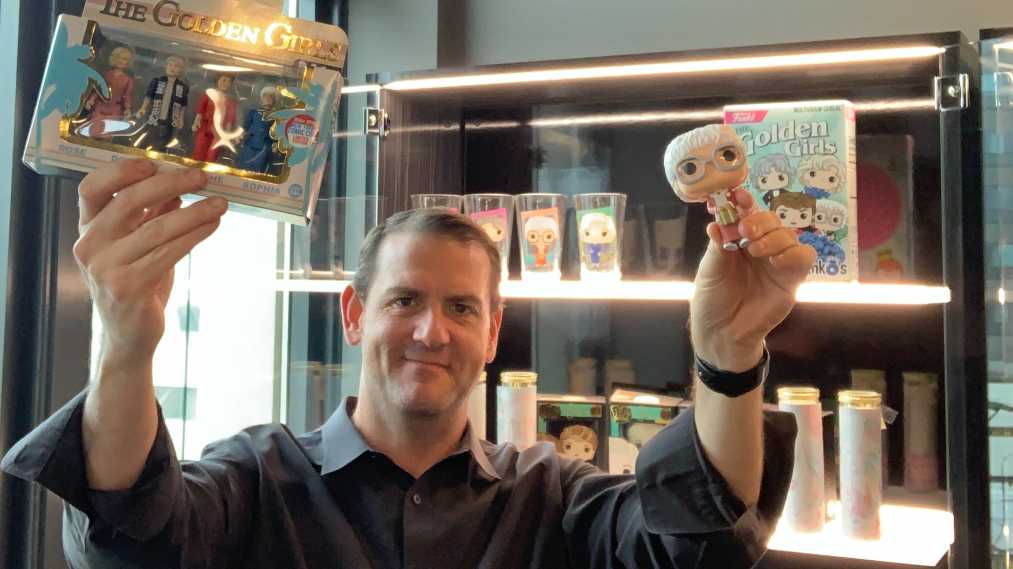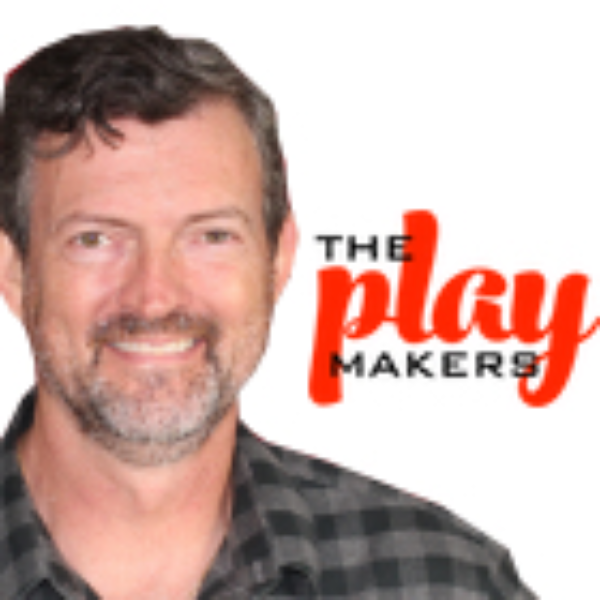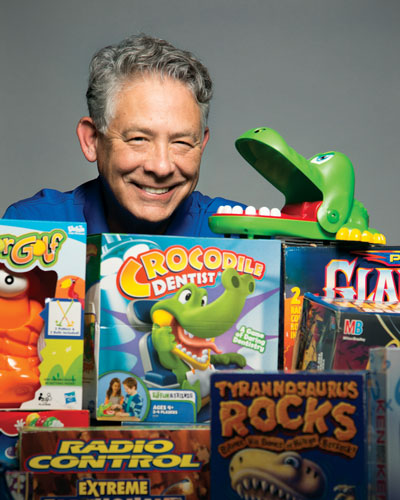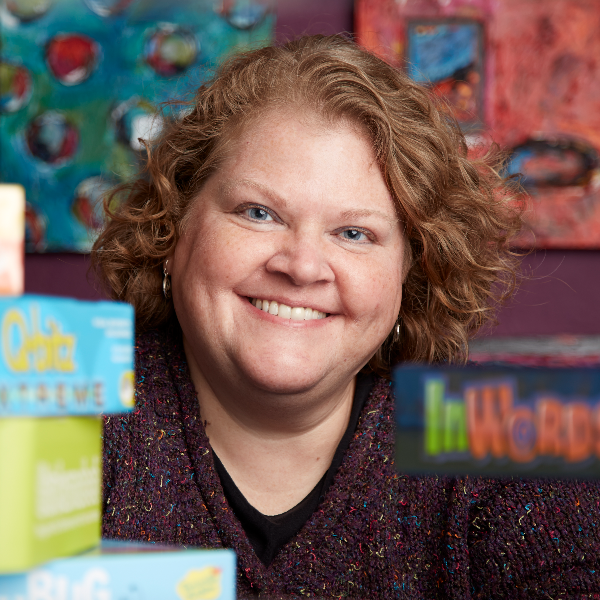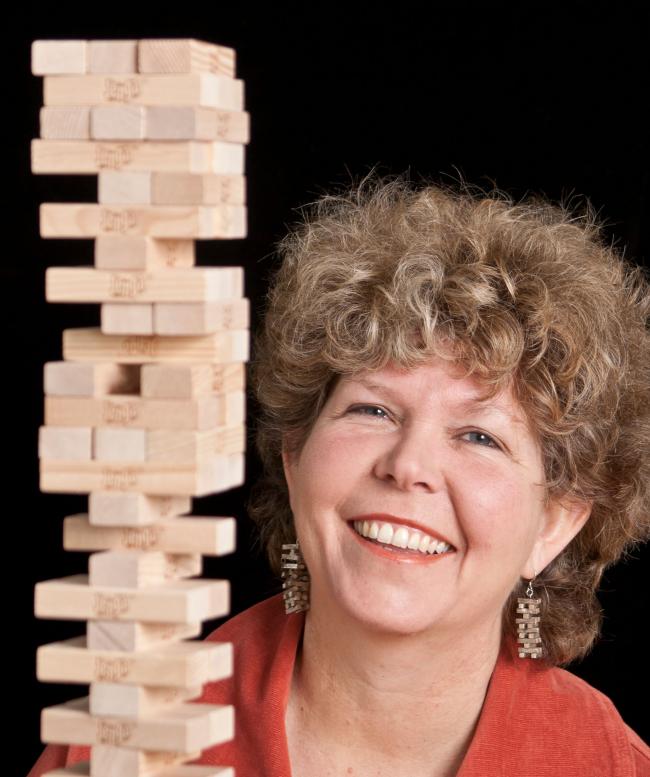In November of 2022, my husband and I sat in our living room playing the just released God of War Ragnarök. We were beyond excited to play it, having just played the previous game not even a week before. Our blood was pumping, and our adrenaline was running high, as we faced down Odin in the final battle.
It was emotional. It was exciting.
We were finally able to see Kratos and Atreus embrace, as the latter deciding to move on to other adventures without his father, and Kratos finally accepting a new path that now lay ahead of him as he stares off into the snowcapped mountains.
Roll credits…
And then we just sat there. Dumbfounded, in a sense.
A kind of sadness, one could equate it to, but a different kind. One my husband and I had definitely felt before, as gamers and avid binge watchers.
Post-game depression, post series depression, the “Why can't I find something this good anymore “effect, and my personal favorite: the “I wish I had memory wiping powers so I can wipe my brain of this thing so I can experience it all over again” disease. This is what my husband and I felt after beating GoWR, after watching House of the Dragon, and the same thing I’m sure most people reading this have felt at some point or another after experiencing a story that truly moved them.
That empty feeling, as absurd as it feels sometimes, is actually something totally normal our brain does. That’s what we’re going to look into today.
Oh, and don’t worry, no one is going to judge you just because you were bawling at the end of Avatar the Last Airbender (I was bawling too).
To start we have to look at how our brains form attachments. Quite a few studies on this have been done over the years. Researchers have found a very interesting phenomena when we are able to form a relationship with characters both in a book or in TV or video games. This phenomenon is a form of something called a parasocial relationship. Basically, this boils down to one person forming an attachment to another person, whether they exist or not. The most common forms of these usually come in the form of celebrities or athletes.
The concept gained public awareness in 2002 when Dr. David Guile introduced it, asserting that the phenomenon profoundly impacts a person's long-term emotions and behaviors. Subsequent research in 2008 and 2012 bolstered the notion that cognitively and emotionally, these connections resemble real relationships. Despite knowing the characters are fictional, our minds perceive them as real, influencing our actions accordingly.
What's more interesting is that these interactions, while historically having been seen as negative, have the potential to address real world personal struggles with feelings of self-worth and belonging. In a 2017 study published by the National Library of medicine, a group of researchers studied the effects of parasocial interactions and relationships on early adolescence. While not 100% conclusive, they were able to find a correlation between the types of parasocial relationships formed and the mindset of the person when the relationship was formed. To put it plainly, the participants tended to form these relationships with those who embodied certain characteristics or talents that the participants favored or aspired to.
Another way to look at this, much like the way we form attachments to our parents or other adults in our lives, we form attachments with people because we see equality in them that we want to have. According to the study, parasocial relationships tend to form in a similar fashion.
How does this relate to post game depression? Well, think about it: let's say you're playing a game in which you form an attachment to the protagonist. Let's say this protagonist had a particular quality about them that you gravitate towards. You spend the entirety of the game becoming more and more invested in them because at some point you begin to identify with them. You see a part of yourself, or a part of yourself that you want, in them.
Then the game ends.
That’s when grief kicks in. Oh yes, that’s right. According to a 2017 study by Emory Daniel and David Westerman, they found that the effects of ending a parasocial relationship exhibited similar emotional responses to that of real-world grief. And this is just parasocial relationships through indirect means like TV or books.
The bond you form with video game characters is arguably more powerful, as you don't just watch them – you interact with them. Imagine controlling intimacy, dialogue, choices, responsibility, friendship, and even customizing appearances. Parasocial relationships seem to strengthen when the interaction feels real, even if it's fabricated. And research backs up this up.
A 2009 study in Cyberpsychology & Behavior suggests that lots of gamers experience a shift in how they see themselves while playing. They kind of blend their own motives with those of the character they're controlling. Basically, we often take on the role of the in-game character, step into their shoes, and act out our version of them.
So, when that character dies, or when the game ends, we feel like we are losing some part of ourselves, thus grief kicks in because our brain is perceiving it as a real end.
So where does that leave us? Are we doomed to repeat this process, developing these relationships with fictional characters or celebrities and athletes who don't even know that we exist? I'm sure some would argue to put the controller down or stop watching Netflix for the 4th day in a row and go outside and meet somebody. I don't disagree, but I think that's missing the point here.
Our ability to develop these sort of relationships aren't going away anytime soon and they're not necessarily a bad thing either. When you think about it our entire sense of self is developed because of stories- the stories of other people tell us, the stories we tell ourselves. Even if we did decide to put the controller down and go outside and meet somebody, it's inevitable that the way those relationships would form well invariably includes stories.
For me, whenever I go through this process of postgame or post series depression, I always think about what my mom said to me when my great aunt died a while back. I was taking her death particularly hard, and I wasn't really sure how to move on. What she told me was that if I wanted to do right by her, all I had to do was remember the things that she taught me and live my life every day with those things in mind. That way, she would never really be lost to me.
That's what we need to do with these parasocial relationships.
It's OK to grieve them when it's over, but don't forget why you formed that relationship in the first place. Remember the reason you gravitated towards that character or person, whether it be a trait or characteristic that you identify with or want in yourself. And when that relationship ends, as all things inevitably do, live on with that ideal. Carry it with you all throughout the days of your life, that way no matter where you are or what you're going through, you can always look back fondly on that time and find the strength to keep pushing you forward.
After all, using stories as a way of pushing us forward through good times and bad, is one of the most human things we can ever do.
Sources:
- https://sci-hub.se/10.1089/cpb.2008.0289
- https://sci-hub.se/10.1080/08824096.2017.1285757
- https://www.ncbi.nlm.nih.gov/pmc/articles/PMC5322191/
Recent Blogs
Recent Blogs

Biographies and Interviews
Interview on “One! The Evolution of Civilization” by Jay Horowitz – January 2026
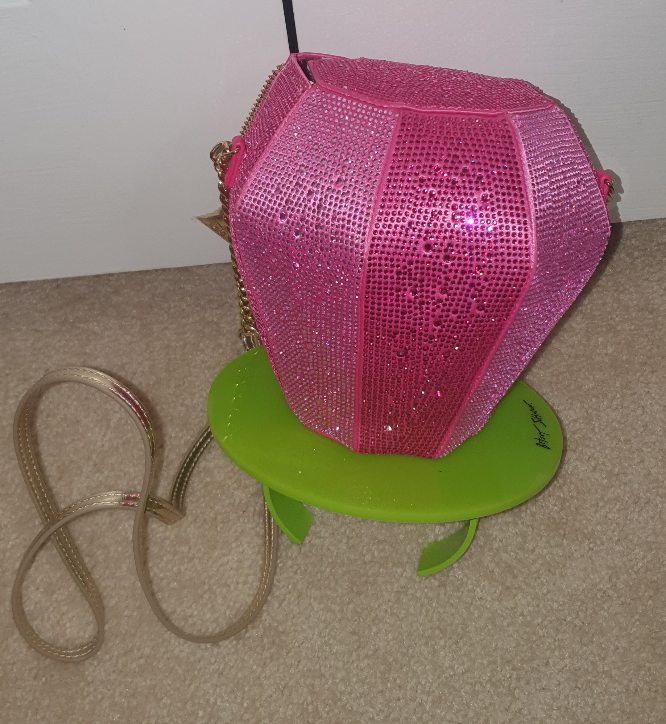
Product and Book Reviews
Ring Pop Purse
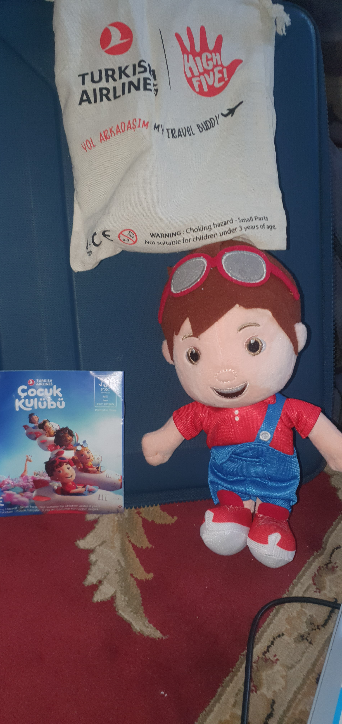
General
Airplane Toy Kits: Turkish Airlines
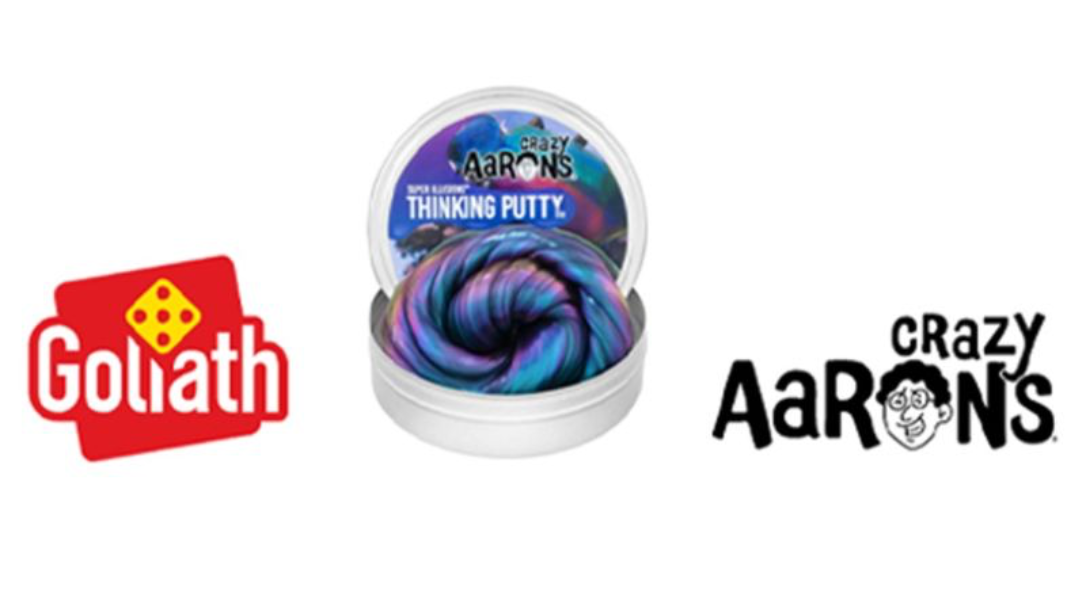
Press Release
Goliath Acquires Crazy Aaron’s® in Global Deal
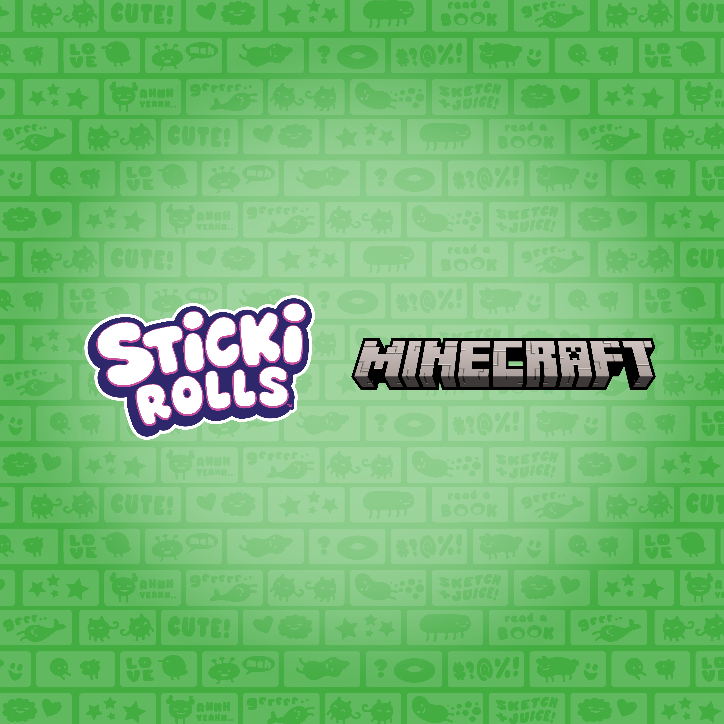
Press Release
SKY CASTLE® TEAMS UP WITH MINECRAFT TO INTRODUCE NEW STICKI ROLLS® COLLECTION
See more
Recent Wiki
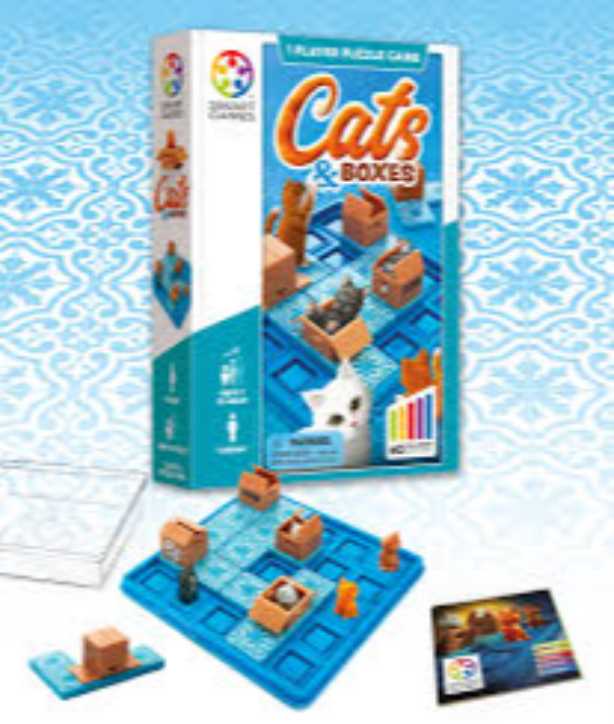
BOOK REVIEWS
Game Review: Cats & Boxes

PEOPLE
Ana Maria, Founder of The Magical Underland Inc., Rings in the Holidays with a new kind of Christmas Tree
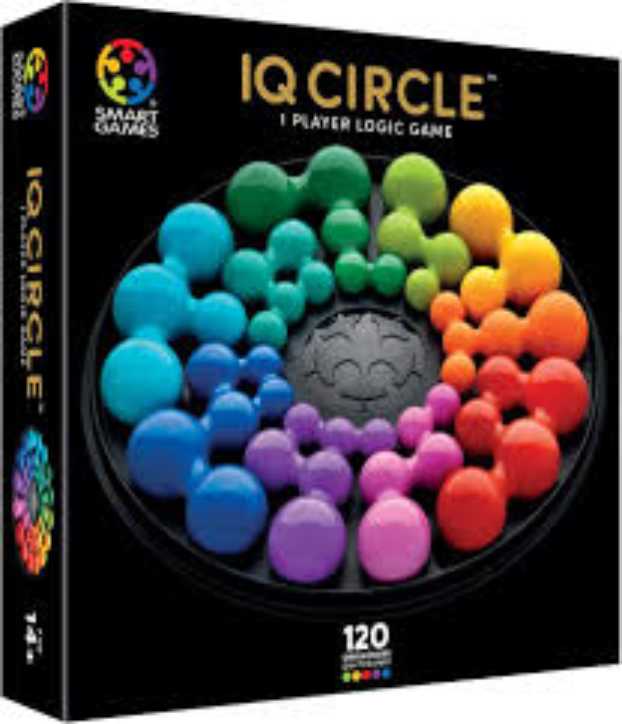
BOOK REVIEWS
Game Review: IQ Circle
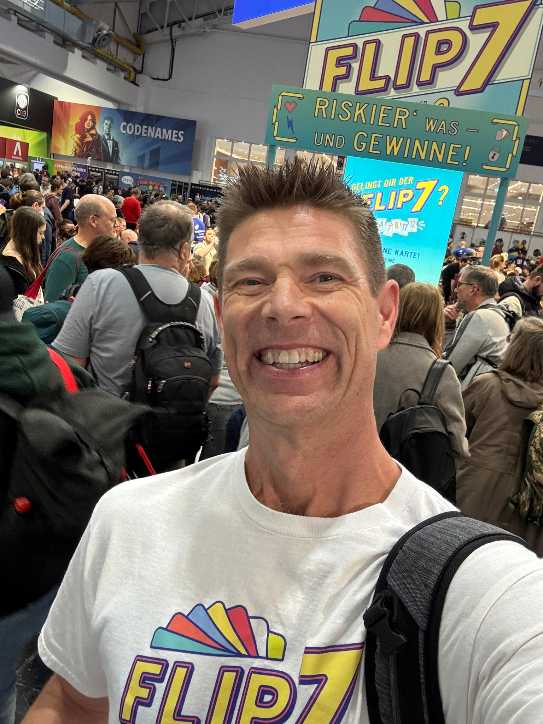
PEOPLE
Catching up with Eric Olsen, The Inventor of Flip 7 and Co-Creator of Messy Table Games
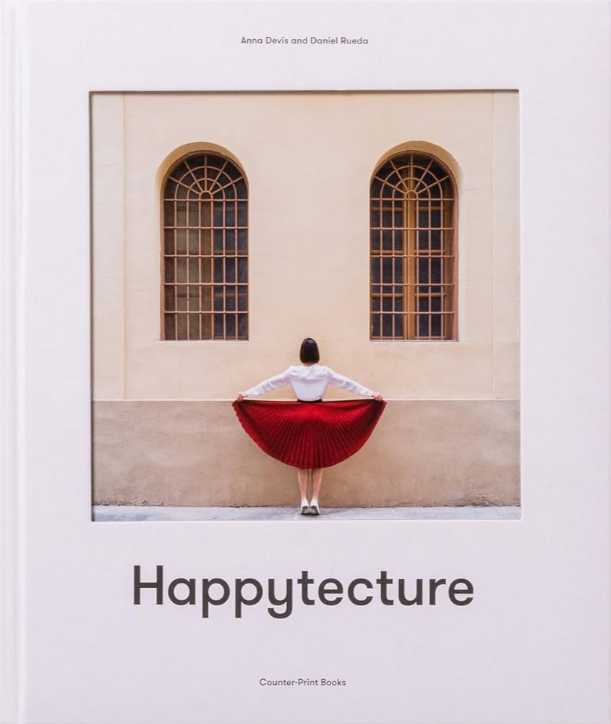
BOOK REVIEWS
Book Review: Happytecture by Anna Devís & Daniel Rueda
See more
POP's Got Talent
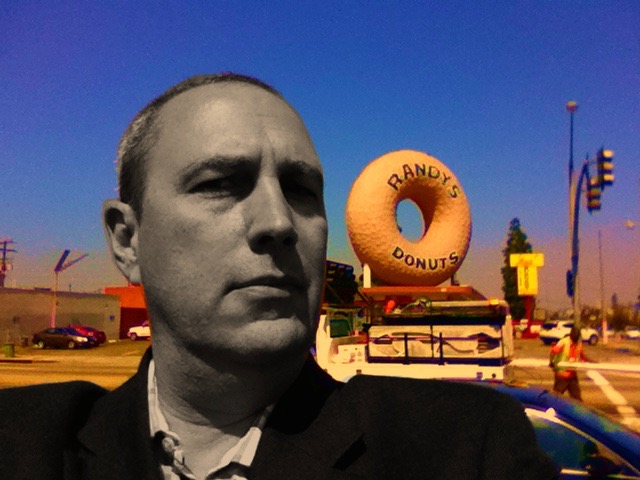
POP Entertainment
Randy Klimpert Shares his Ukulele Collection
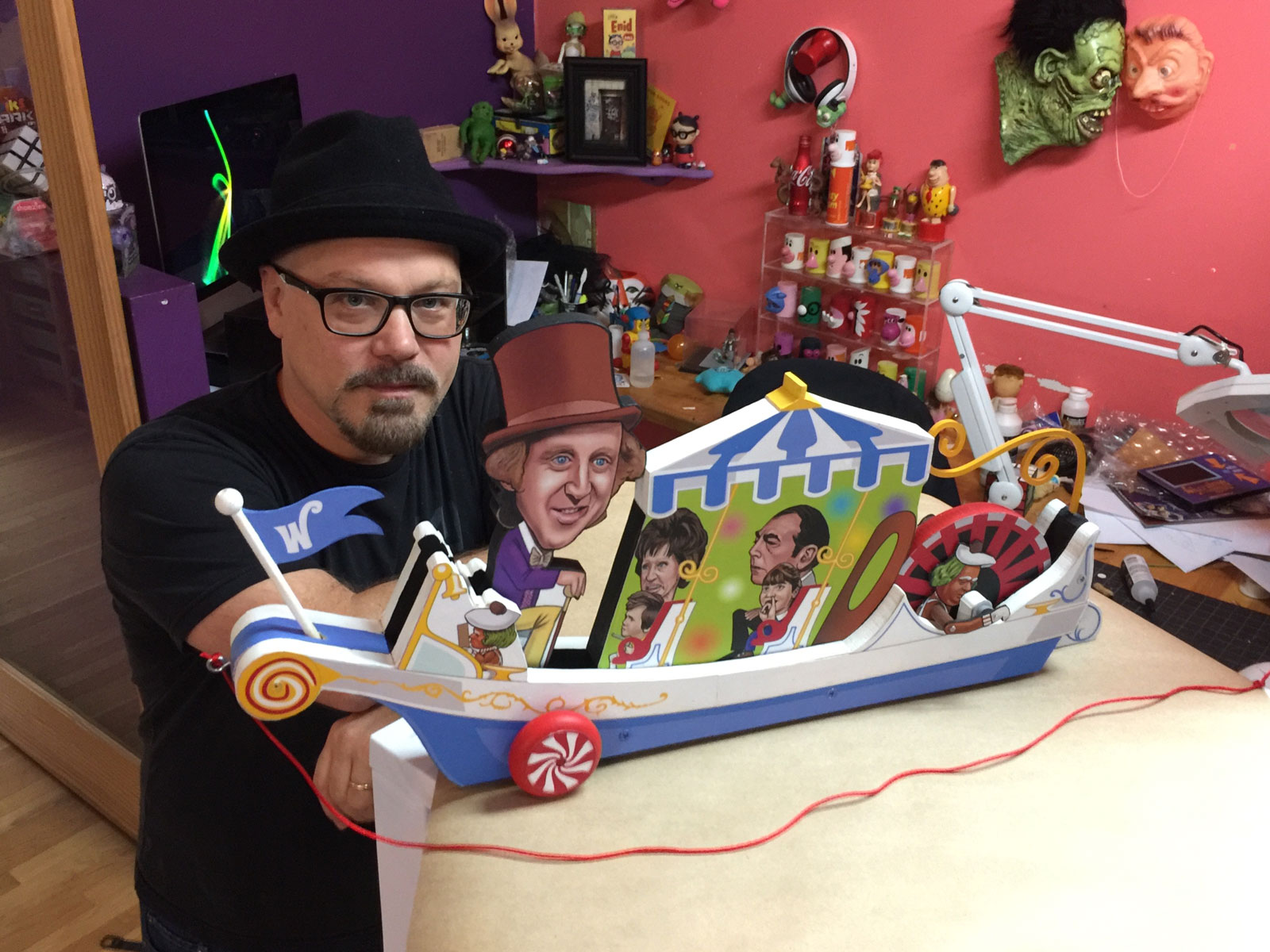
POP Entertainment
Steve Casino Peanut Art
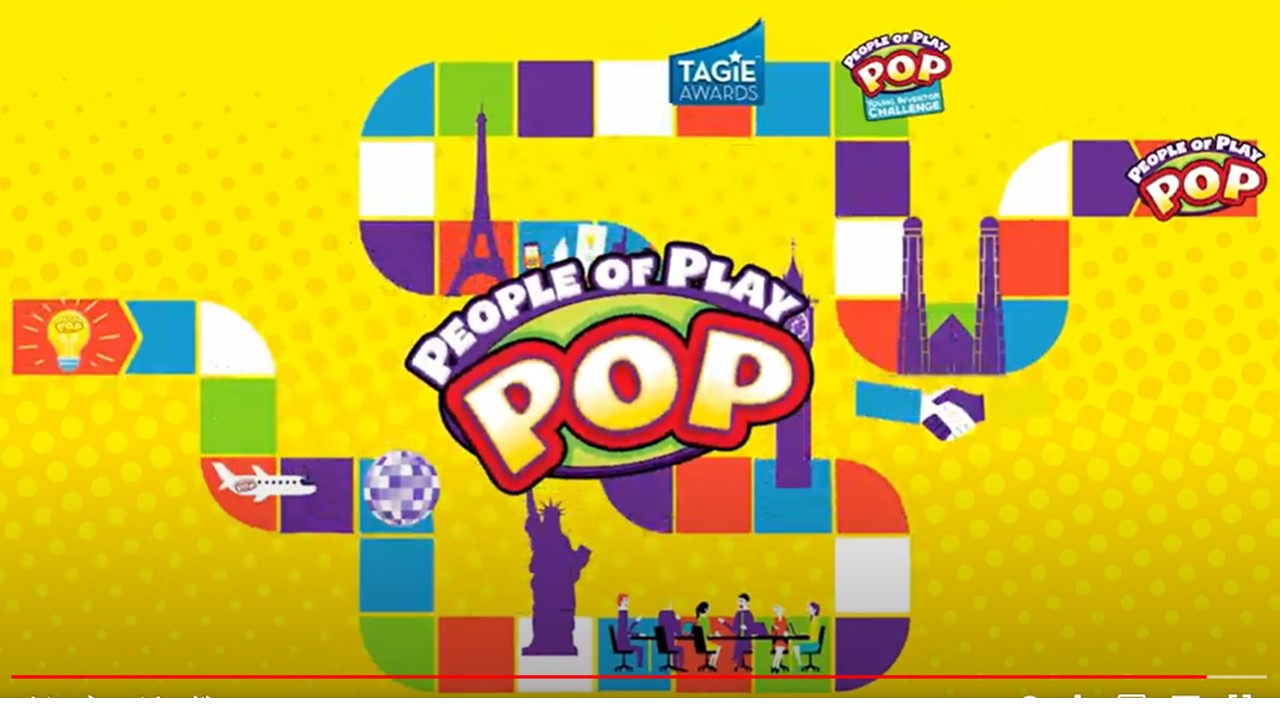
POP Entertainment
Everyone's Talking about POP!
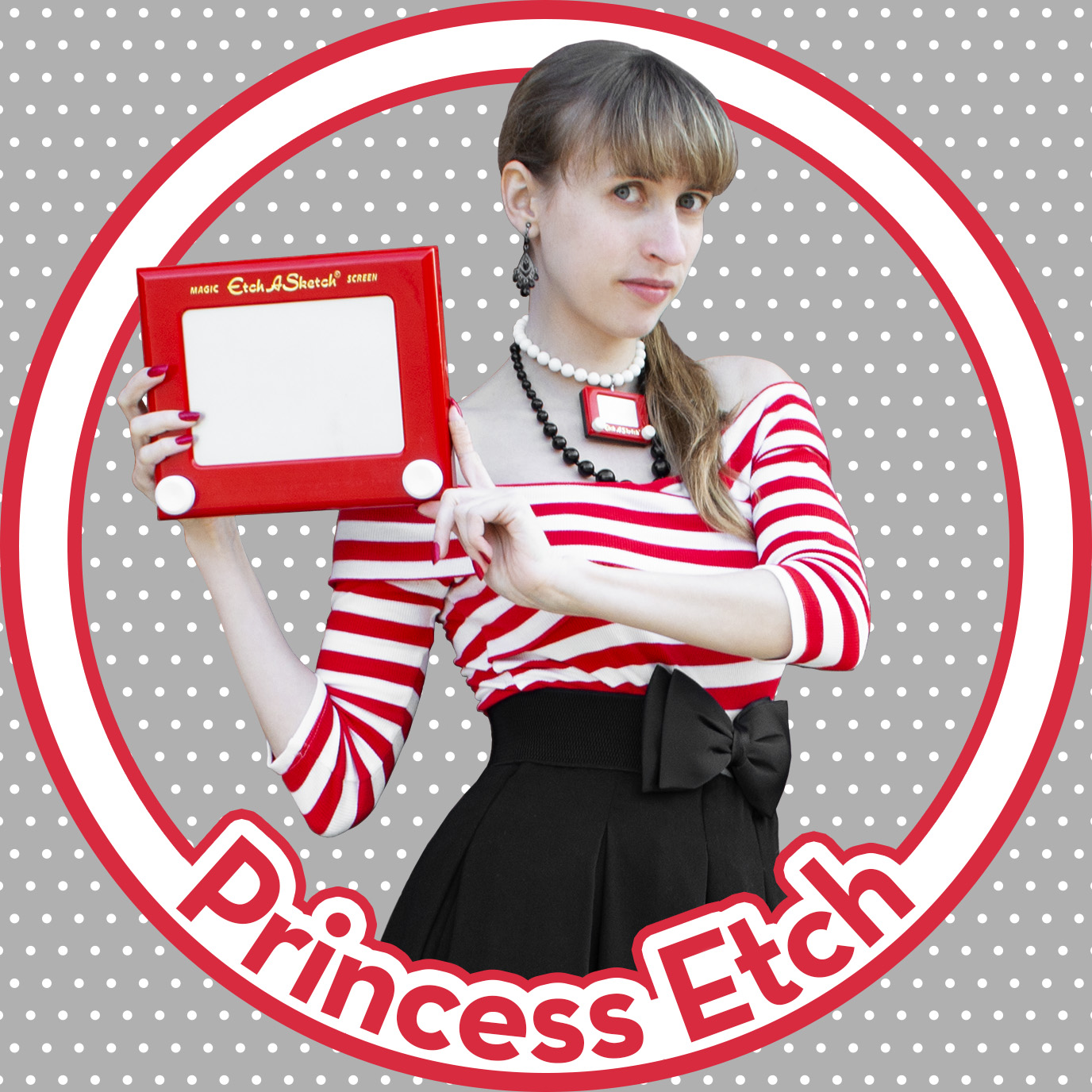
POP Entertainment
Princess Etch - a Multi-Talented Etch A Sketch Artist
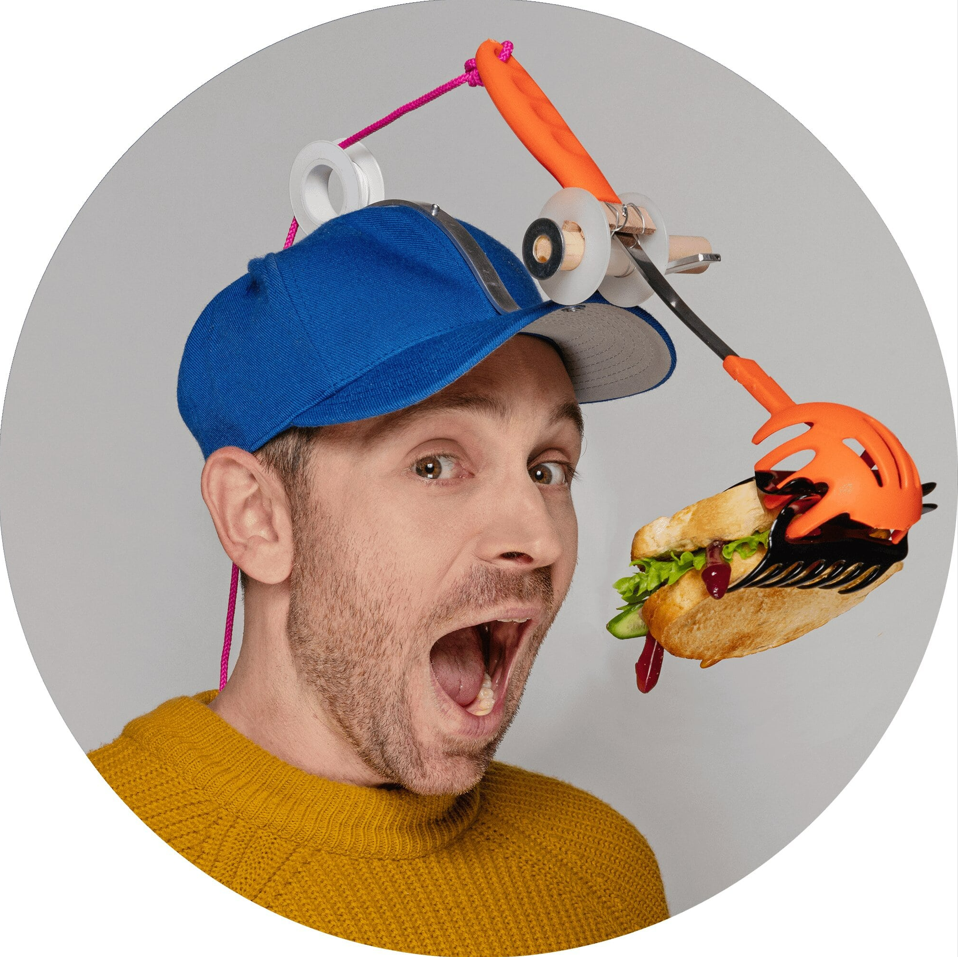
POP Entertainment
Joseph Herscher of Joseph' s Machines.
See more
Recent POPcast
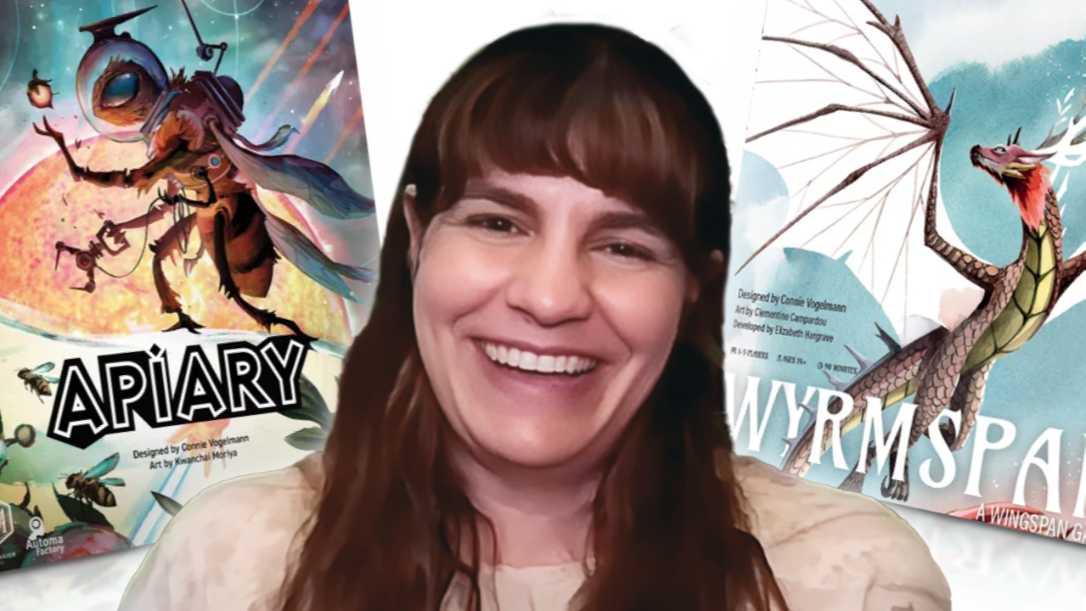
Hidden Role: The Brains Behind your Favorite Games
Connie Vogelmann designed Apiary & Wyrmspan!
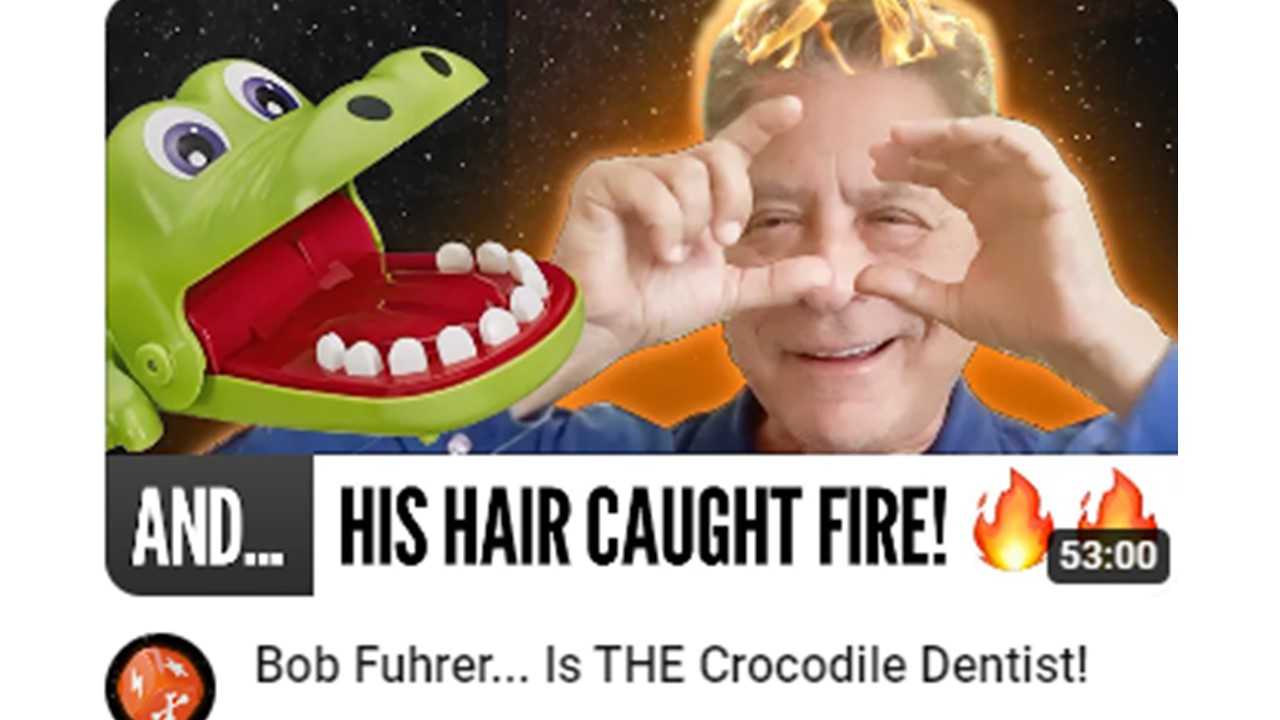
Hidden Role: The Brains Behind your Favorite Games
Bob Fuhrer... Is THE Crocodile Dentist!
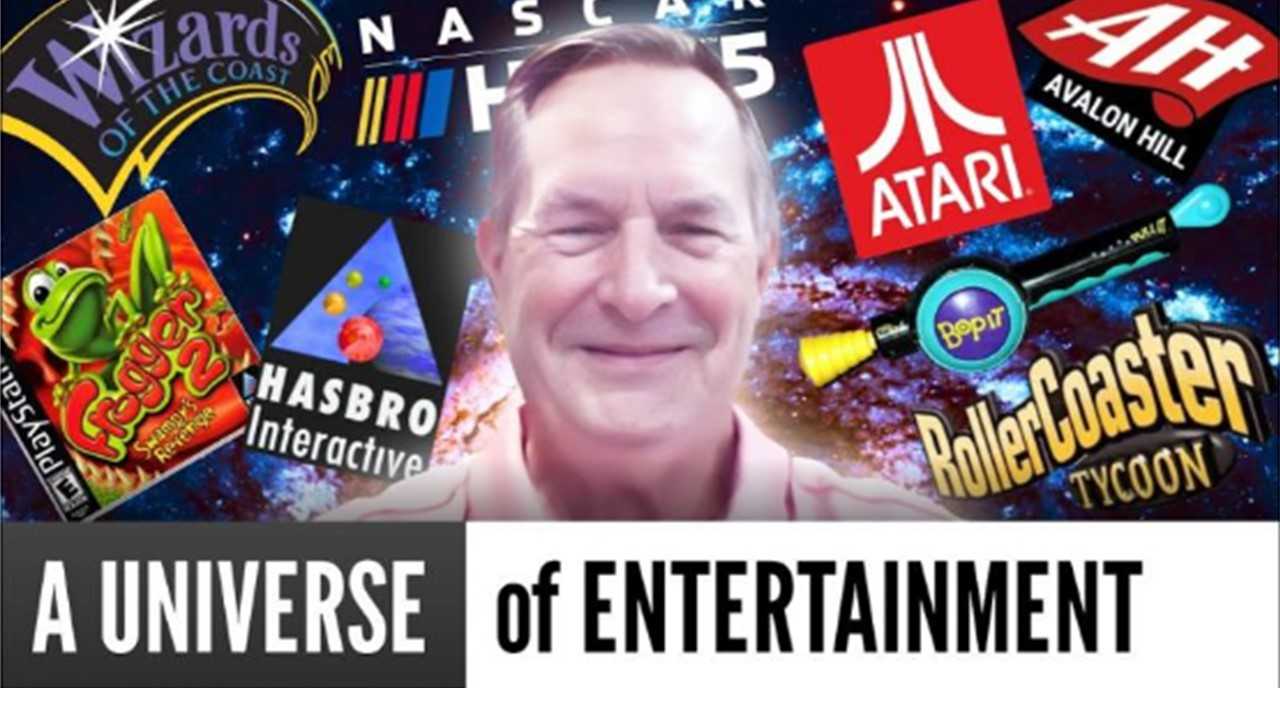
Hidden Role: The Brains Behind your Favorite Games
Tom Dusenberry... Bought Atari, Wizards of the Coast, and Avalon Hill!
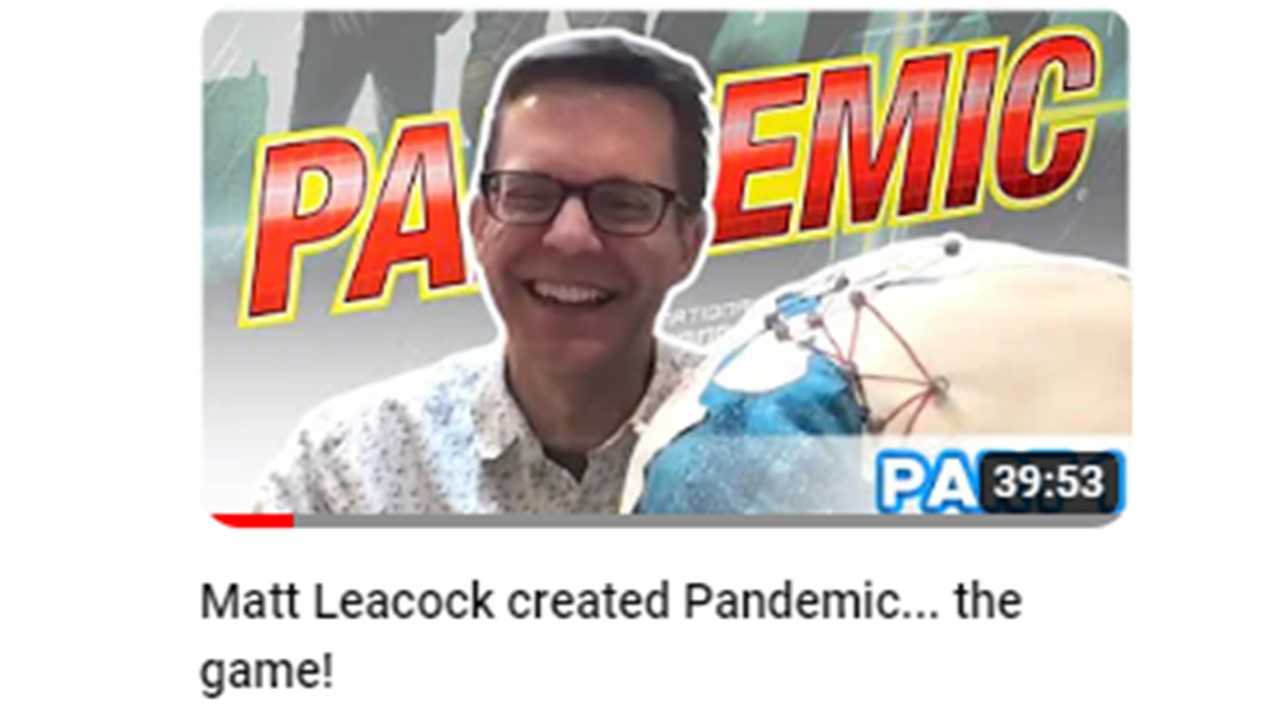
Hidden Role: The Brains Behind your Favorite Games
Matt Leacock created Pandemic... the game!

Hidden Role: The Brains Behind your Favorite Games
Scott Brown and Tim Swindle... are Launching a New Sport!
See more
POPDuos

POPDuos: Interviews with Legends and Leaders
POPDuo: Richard Dickson, Mattel’s President & COO, and Kedar Narayan, Young Inventor Challenge AMB

POPDuos: Interviews with Legends and Leaders
POPDuo: Will Shortz and Josh Wardle

POPDuos: Legends and Leaders Explore Creativity
POP Duo: Elan Lee, Co-Founder, Exploding Kittens.and Jeff Probst, Host and Exec Producer, Survivor

POPDuos: Legends and Leaders Explore Creativity
POP Duo: David Fuhrer, MNG Director, Blue Sq Innovations & Shawn Green, past Dodgers & Mets MLB Star

POPDuos: Legends and Leaders Explore Creativity
POP Duo: Bob Fuhrer, Founder, Nextoy and Tom Fazio, Golf Course Designer
See more
